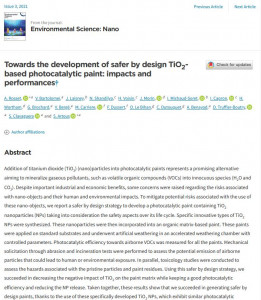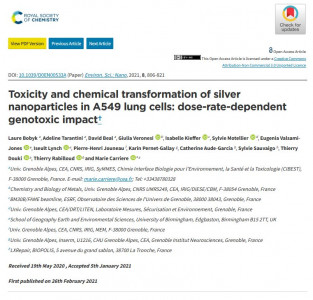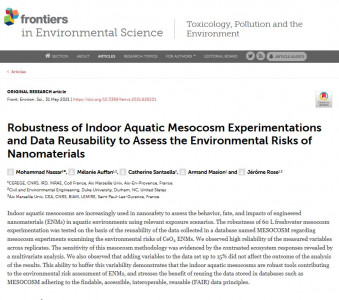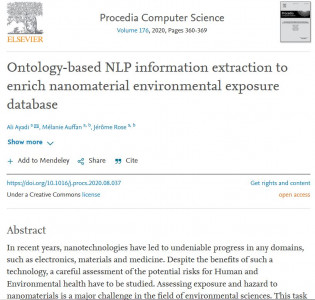QEEN Workshop "Quantifying Exposure to Engineered Nanomaterials" from Manufactured Products Addressing Environmental, Health, and Safety Implications.
QUEEN is a workshop sponsored by the Consumer Product Safety Commission (CPSC) and co-hosted by the National Nanotechnology Initiative (NNI) entitled “Quantifying Exposure to Engineered Nanomaterials from Manufactured Products – Addressing Environmental, Health, and Safety Implications.” This is a technical workshop to determine the state of the science and the tools and methods available to characterize and quantify exposure to engineered nanomaterials from consumer products.
For the full agenda with titles and abstracts, click here.
It took place on Tuesday, July 7th and Wednesday, July 8th, 2015 in Rosslyn, Arlington, VA, USA.
The intended audience included academics, Federal representatives, and manufacturers and distributors of nanotechnology-enabled products, as well as communities seeking to understand the exposure science related to engineered nanomaterials.
The U.S. Government regulatory agencies participating in the NNI have put forth a risk-based regulatory agenda regarding engineered nanomaterials. This risk-based approach requires exposure data, since risk is the combination of both hazard and exposure. A main goal of this approach is to bridge toxicology with exposure science.
Serenade has presented a poster about "SERENADE a 8 years French funding safe(r) by design project. Introducing consumer exposure case studies."
Abstract : Nanotechnology appears as one of the most promising fields of science and technology. The improvements and modifications of these new nano scale materials properties can appear disruptive and strongly challenges the existing products and technologies. In most cases nanotechnologies will bring beneficial effects in our lives (medecine, environment, electronics…). Nanotechnology therefore appears as strategic and a key of success in the globalized economy. However the fast development of nanomaterials and the estimated production for next years has triggered many debates concerning their safe development and use.
To reach the forecasted level of economical development, the public acceptance of nanotechnology is essential not only in terms of human health safety but also concerning the environmental impact. Nanotechnology faces a big challenge that requires to develop a new paradigm in the concepts of design and production of nanomaterials.
The project SERENADE (funded by the French National research Agency (ANR – LABEX call) proposes an integrated scientific and educational approach to develop new concepts and tools for the Safer and Ecological Design in Nanomanufacturing Processes and Products. It is supported by a French national multi-disciplinary network of 14 academic partners including most of the French pioneering groups in the field from fundamental to applied research (Aix-Marseille University, CNRS, CEA, INSERM, INERIS, INRA,…) and education (Higher Education Pole (PRES) Aix-Marseille University, University Joseph Fourier, Montpellier University, University Paris-Est-Creteil, Novancia Business School, etc…) and 2 industrial partners (Suez-Environment, ALLIOS).
To reach this ambitious objective the core of the project will be structured around the three stages of the life cycle of nanomaterials : 1) Production 2) Usage 3) End-of-life and consumer case studies. The aim of the presentation is to introduce the different cases studies from cosmetics, paints, food packaging, nano-wire based products, and with a specific focus on the determination of consumer exposure.









